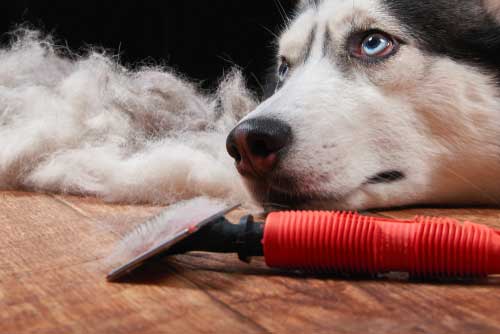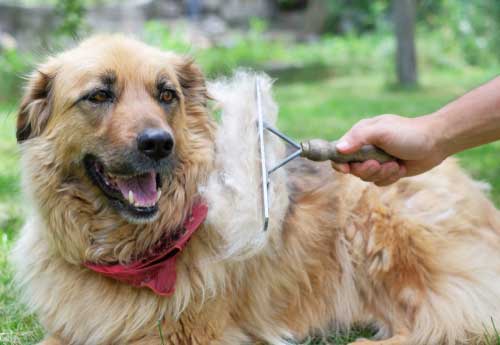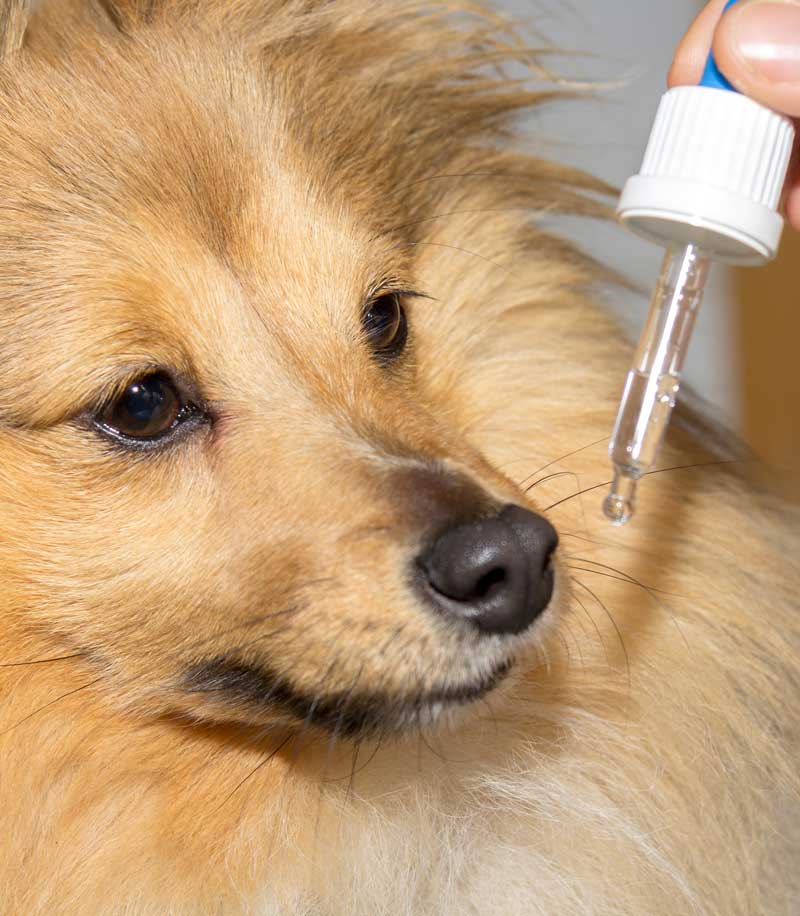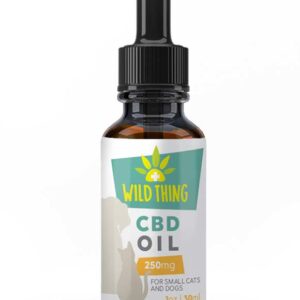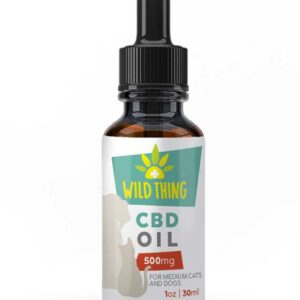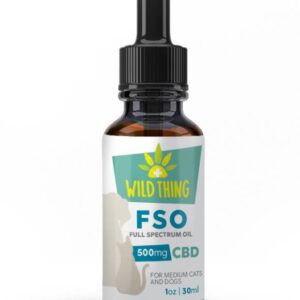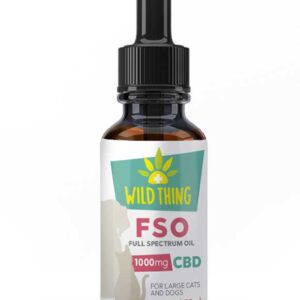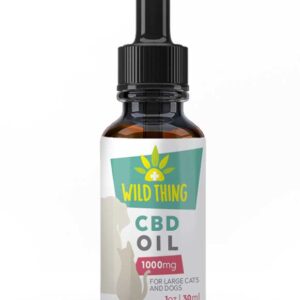Look in any dog owner’s car, on their couch or in their vacuum filter you’ll find it: enough dog hair to weave a king-sized blanket. Shedding causes both dogs and their owners grief, but do you know the difference between normal shedding and severe hair loss (alopecia)?
A little hair loss is no big deal, it happens to humans, cats and dogs. A lot of hair loss, however, is reason for concern. Regardless of age, gender or breed, any dog can suffer from hair loss, or alopecia. It’s a common disorder that many dogs have to deal with. It can be gradual or acute, but either way it’s hard to miss, causing partial or complete hair loss.
Article Guides:
Cbd Oil For Panosteitis In Dogs And Puppies
Health Risks For Obese Cats
Staph Infections In Dogs
Canine Alopecia
Causes of Canine Alopecia
Many things can be to blame for alopecia in dogs, but here are five of the most common causes:
Allergies: Whether it’s a reaction to food or the environment, allergies are a very common cause of hair loss in dogs. If there is scratching or biting associated with the hair loss, there is a good chance that allergies are to blame.
Bedsores or pressure sores: When dogs pressure points come in regular contact with hard surfaces, they can develop sores and calluses that also cause hair loss.
Cushing’s disease: This usually only affects middle-aged or senior dogs.
Infestation or infection: Redness and inflammation of the skin are signs your dog may have fleas, ticks or mites and they could be to blame for the hair loss.Hair loss in dogs can also be attributed to bacterial or fungal infections.
Genetics: Hair loss in dogs around the neck, back, thigh or outer ear may be more common in some breeds than others. Some dogs may just have hair loss in their genes and there’s nothing you can do about it.
Diagnosing Hair Loss in Your Dog:
A great place to start the diagnosis is with the pattern and severity. Often, fungal or bacterial infections will cause hair loss on multiple areas of a dogs body, combined with noticeable redness on the skin. Patchy hair loss can be attributed to infections or mange, which is a skin disease caused by mites. Symmetrical hair loss may also occur in dogs and is may be a sign of Cushing’s Disease, a condition caused by too much exposure of the to excessive levels of the hormone cortisol.
Don't Pull Your Own Hair Out Over Your Dog's Alopecia, There's Many Treatments Available
If you are not sure the cause of your dogs sudden hair loss, you should consult your veterinarian right away. If the hair loss is also accompanied by a foul smell, lesions or what appears to be infected skin it would also be a good idea to check in with your vet. Some preventative measures you can take to prevent/treat hair loss:
Consistent, proactive brushing
Introduce healthy fats/oils into your dog’s diet (fish oils, coconut oils)
Wash/bathe your dog weekly or as appropriate
Why CBD Can be an Effective Treatment & Preventative For Canine Hair Loss
CBD – or Cannabidiol – can be very effective at treating skin & coat conditions.
Cannabidiol (CBD) can be very beneficial for maintaining your dog’s immune system, cardiovascular system and overall vitality. CBD helps to lessen the effects of lethargy, gastrointestinal issues and reduces anxiety, aggression and stress-related disorders.
Think of CBD as a supplement that can reduce the severity and frequency of most – if not all – of your dog’s symptoms of hair loss. It can be ingested, under the tongue, or applied topically to the affected areas. One of the most beneficial components of CBD is that it does not irritate the skin or cause any hallucinogenic effects. When introduced topically, CBD can soothe irritation, inflammation and reduce pain associated with dermatitis, hotspots and alopecia.
Cannabidiol is a phytocannabinoid that has been shown to have a prominent effect on numerous ailments – including epilepsy, arthritis and cancer. Remedies containing CBD achieve this by interacting with your dog’s endocannabinoid system. Almost all animals, like people, have an endocannabinoid system; this network of neurotransmitters is integral to physiological processes like memory, mood, pain, stress and appetite.
This complex biosystem is very prevalent in dogs in comparison to other species. Canines have a high concentration of CB1 & CB2 receptors in their brainstem. CB1 receptors affect the brain, lungs, vascular system and muscles, gastrointestinal function; whereas, CB2 receptors are linked to bones, skin spleen and glial cells. In combination, CB1-CB2 collaborate in influencing the overall immune system, liver, kidneys, bone marrow, pancreas and brainstem.
CBD can help your dog by producing anti-inflammatory, anti-anxiety, antipsychotic, antispasmodic and analgesic effects indirectly – that is, CBD interacts with your dog’s ECS (Endocannabinoid System) opposite to THC which directly binds to the Cannabinoid Receptors of the body. This does two things: makes the positive remedial properties more bioavailable to your dog; and lessens or negates the psychoactive effects, such as those associated with THC ingestion.
As you can see by the scope of ailments that are affected by CBD, it is clear how introducing CBD into your dog’s routine can benefit their skin & coat health.
Ailment Guides:
Canine Parvovirus
Bronchitis In Dogs
Cherry Eye In Dogs

